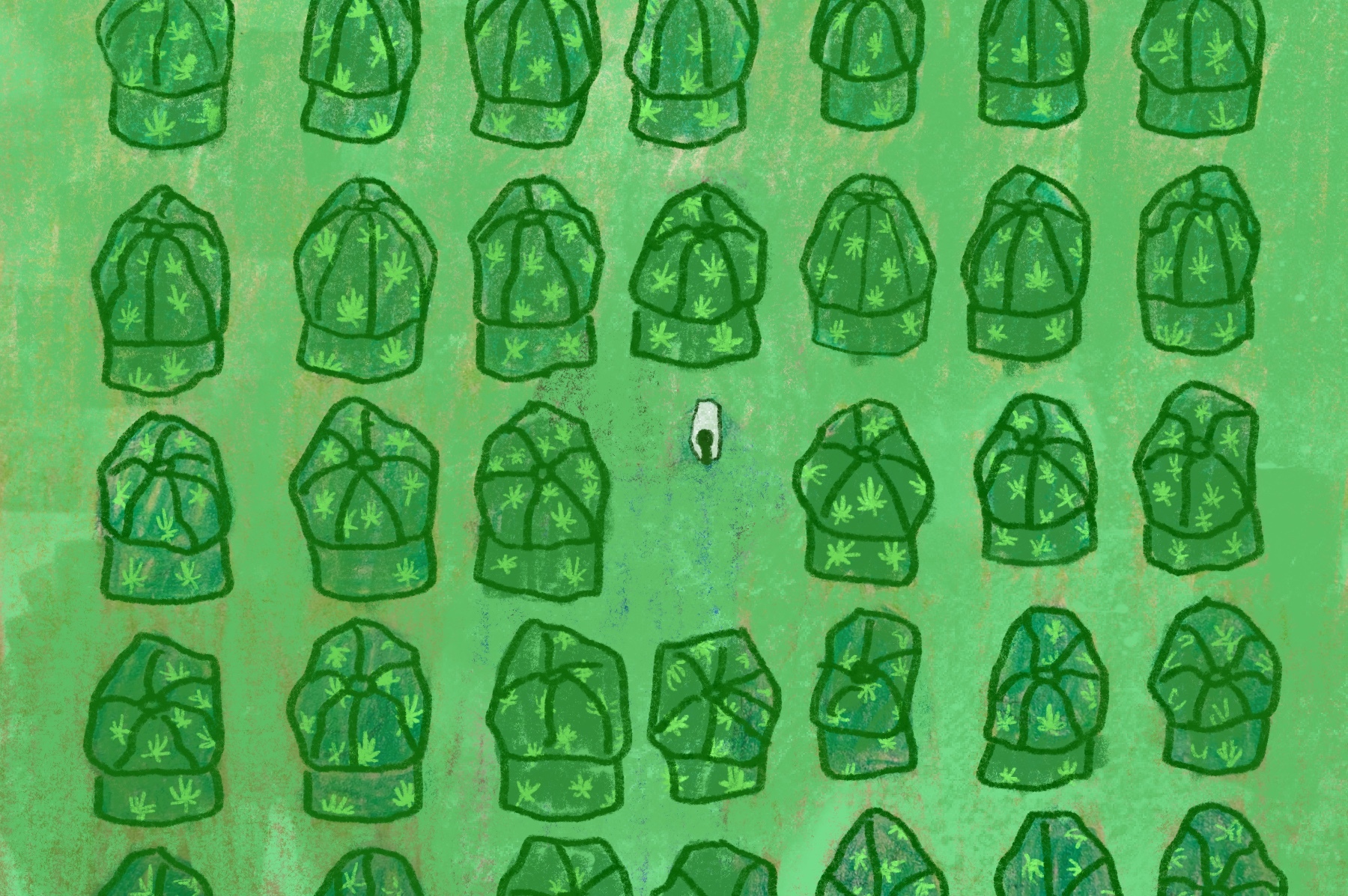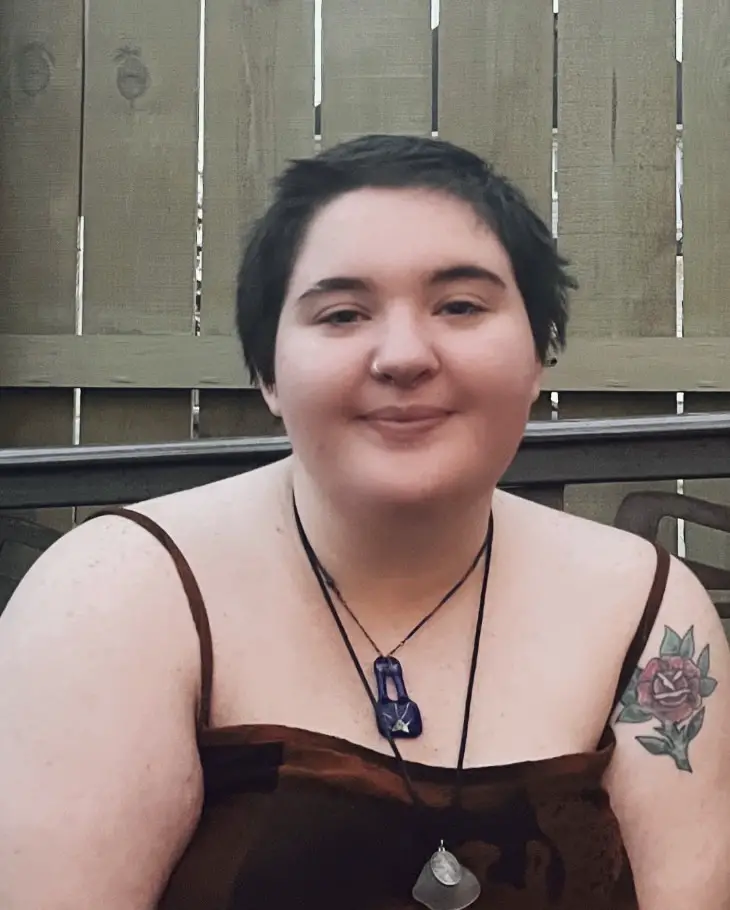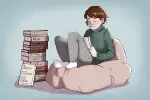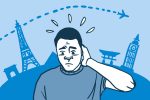A tolerance break, more popularly known as a T-break, is a period of sobriety from weed that is usually reserved for hard times: you need to pass a drug test or you need to save money and lower your tolerance so you can spend less on weed. In Michigan, where weed is now available for recreational use if you’re over the age of 21, dispensaries are on every corner. In my town of Ypsilanti, dispos are becoming more ubiquitous than liquor stores. While I still believe that weed is a useful tool for some people battling both mental and physical illness, I also believe that weed will let you know when it’s time to move on and give it up. That realization hit me almost a month ago. I woke up one day and thought, why am I even doing this? What am I getting out of this? I could no longer come up with a reason that made sense beyond “I want to.” On Aug. 16, I quit cold turkey. To my shock and surprise, I have never felt better.
Leading up to Aug. 16, I was suffering from what could only be described as a general malaise. This black cloud had descended upon me at the start of 2021. I slept all the time, I couldn’t remember things that had happened the day prior, and I was ridiculously irritable to the point where the voices of my loved ones felt like nails on a chalkboard. My laundry slouched in permanent piles on the floor, mounds that were strategically kicked to the side to form a rocky path through the bedroom. The path was hardly necessary; I rarely left my bedroom more than twice a day and spent the remainder of the time in the dark, in my bed, with nothing but the glow of my phone screen illuminating my cave. My entire life felt like a horrible waste. I had all this time, all this youth, and all I could do was lay in bed and wait for nighttime, my favorite time, when my partner and I could be alone and talk, watch a movie, and — of course — smoke.
I would not have considered myself a heavy smoker. I smoked weed every single night, sure, and the amount slowly increased as my tolerance built, but I knew people who couldn’t make it through a day without constantly hitting a pen. On the dullest days, I would smoke in the morning, around lunchtime, and then again at night until I put myself to sleep. I was no longer accustomed to “drifting off to sleep.” It was more like passing out, my limbs buzzing and numb, and then a sudden blackness overtaking everything. I dreamt, but not like I used to. When I put it on paper like this, it’s clear that I was purposefully anesthetizing myself.
I wasted a year in this self-induced haze, maybe even more. Time wasn’t real in this space. It mattered — the missed appointments and absences from class mattered — but despite the constant anxiety doing kick-flips in my stomach, I just couldn’t bring myself to care. The person I wanted to be felt impossibly far from my grasp, a murky abstraction of an ideal self that was no longer in reach. This self would be productive; she cleaned up after herself and did her homework in advance instead of not doing it at all. She wouldn’t be chained to the endless gloom and doom broadcasted on her phone screen, spending hours on stupid Twitter threads that she wouldn’t even remember reading the next day.
Living in a legal state is strange. It feels like almost everybody I know smokes, or has smoked, or at the very least doesn’t care if you smoke around them. The prevailing sentiment in high school, and possibly in college, was that weed is not addictive. In the traditional sense, this is true. You cannot become physically addicted to weed in the same way you can nicotine or opiates. But when weed begins interfering with your life (for example, skipping appointments to smoke, or severely delaying a date with your girlfriend because you’re too anxious to leave without smoking first), it becomes classified as a substance use disorder. In the same way that one can become cripplingly addicted to shopping, food and gambling, one can become addicted or dependent upon the act of smoking itself, the physical ritual of packing a bowl and flicking the lighter.
I had to relearn the things that made me happy, or else I would fail. There are a ridiculous number of hours in the day when you’re not sleeping until 2 p.m. My first step was downloading a sobriety tracker. The visual representation of the days ticking away made me prouder of my newfound discipline. If I made it eight hours, I might as well make it a day, and if I made it a day, I might as well make it another. The idea of resetting the counter to zero felt embarrassing and depressing. Best of all, the app I chose allowed other users to post anonymously about their experiences as they also quit smoking. I felt understood by people like me, who were just beginning to quit, and heartened by the people who had gone two or three months and promised that the first three days were the hardest part. Most of the people who made it two to three weeks expressed the same thoughts as me — “I can’t believe I used to do this every day. I feel so much better now.”
My library card had been collecting dust over the past year and a half, but I finally paid a visit and checked out an eyebrow-raising number of books — I had set a goal for myself on Goodreads to finish 30 books by the end of the year. I started teaching myself how to knit, but I didn’t get very far. That’s fine — it’s about filling up the hours with things that will actually fulfill me, instead of sinking further and further into my social media feed, stoned out of my gourd. I tried to remember the things that made me happiest as a child and let myself indulge. I re-watched “The Princess Diaries,” bought a jigsaw puzzle and started cooking again instead of subsisting on cheap takeout that made my body feel horrible.
I didn’t believe that quitting would make me feel normal, balanced, functional — but it did. My memory is slowly piecing itself back together, and my focus is twice as effective as it used to be. My problems seem manageable instead of all-consuming. Naturally, I’m a little more irritable because I must relearn how to cope with stress, but, so far, the benefits have far outweighed the negatives.
Maybe it’s a fluke. Maybe I’m infected with the excitement of a new semester, the approach of autumn, the idea of new beginnings, new friendships. I have so many ideas that I don’t know what to do with them all. Best of all, my room is clean, and picking up around the house doesn’t feel like an insurmountable chore. I deserve a comfortable place to live, and chores are just something people must do. There are certain things everyone just has to do, and I used weed to distance myself from that truth. I don’t want to brush my teeth, but I just have to. I don’t want to clean my air fryer, but I must. This is what people do when they want to live in the world, and maybe it’s boring, maybe it’s hard, but I would rather be here than alone in a dark bedroom. Even if you don’t think you’re dependent on weed, it’s always worth taking a small break to check in on yourself and your body. What it tells you may surprise you.

















